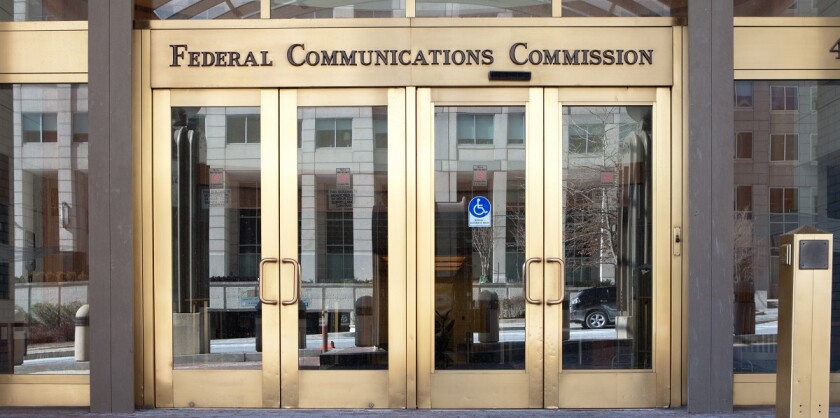Their proportions and weight mean heavy-duty trucks cause an outsized amount of damage to the nation's roads, experts said. Road usage charges could help introduce fairness and equity into how vehicles are charged.
-
Plus, experts encourage including artificial intelligence skills in digital literacy programming, Tennessee libraries are getting funding to teach such skills, Maine launched a new device sharing program, and more.
-
A report released Wednesday reveals insight from government leaders about their data and AI programs. It finds that the demand for the technologies is high, but actual implementation levels are lower.
-
The state’s digital ID program, free and voluntary, continues to grow as more airports and bars accept those forms of identification. Other states are expanding their own mobile ID programs.
-
Drones and aircraft were key in Minnesota's largest manhunt, helping capture an armed and dangerous man without further violence, reflecting a broader trend of law enforcement's growing reliance on aviation technology.
Most Read
Cybersecurity
From The Magazine
-
Government Technology's Top 25 Doers, Dreamers and Drivers 2025
-
Profiles of this year's winners.
-
Separated from live systems and sensitive public data, sandboxes let states and cities test drive artificial intelligence use cases without impacting services.
-
The evolution of artificial intelligence, which requires massive amounts of energy to function, is forcing government, utilities and tech suppliers to face the question of whether power grids can keep up.
More News
-
After testing 15 different messages designed to spur teacher engagement with software tools, researchers found that students of teachers who received them completed about 2 percent more math units.
-
If Pennsylvania caps cyber charter school tuition at $8,000 for the 2025-26 school year, school districts such as Allentown and Parkland might save between $1 million and $4 million in reallocated state funds.
-
The local government is getting underway on a project to bring high-speed Internet to more than 400 additional homes and businesses. Its total cost is $1.7 million, with $1.3 million of that coming from a federal grant.
-
In response to industry demands, Minnesota State University will offer a bachelor's degree in robotics engineering and a master's degree in artificial intelligence this fall, expecting about 25 students in each.
Webinar Series: Understanding policy changes & insights on what’s next.
-
Metro Atlanta has been the country’s hottest data center market since 2023, playing host to a digital gold rush by tech giants, real estate speculators and private equity firms.
-
Federal proposals to end purchase incentives for electric vehicles, and a presidential halt to California phasing out gas-powered cars, are rattling that transition, but may not halt it, experts said.
-
The St. Mary’s Food Bank is using GIS technology to get food to communities, an initiative that plays an increasingly important role as the federal government explores funding changes to benefits programs.
-
A new State of the 9-1-1 Industry report examines the barriers governments face as they work toward Next-Generation 911, including aging equipment, lack of funding and difficulty coordinating with other agencies.
-
A 350,000-square-foot data center project up for discussion this week by the Chesapeake City Council may be postponed. The developer has indicated he would like more time to meet with community members.
-
One year after implementing phone restrictions, a Washington state school district has seen improvements in attendance and discipline. Teachers have seen higher engagement, while student reactions are divided.
Question of the Day
Editorial





















![[Webinar Series] Navigating the Transition: How to Move Forward](https://erepublic.brightspotcdn.com/dims4/default/a92c15e/2147483647/strip/true/crop/840x418+0+0/resize/840x418!/quality/90/?url=http%3A%2F%2Ferepublic-brightspot.s3.us-west-2.amazonaws.com%2Fd8%2F40%2F1afc0d0e4594a5f9bd99f0068a29%2Fgt25-webinar-series-art-navtransition.jpg)






















